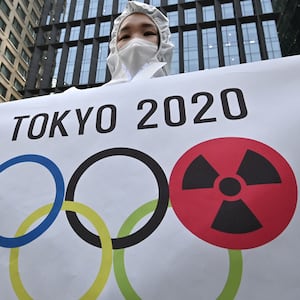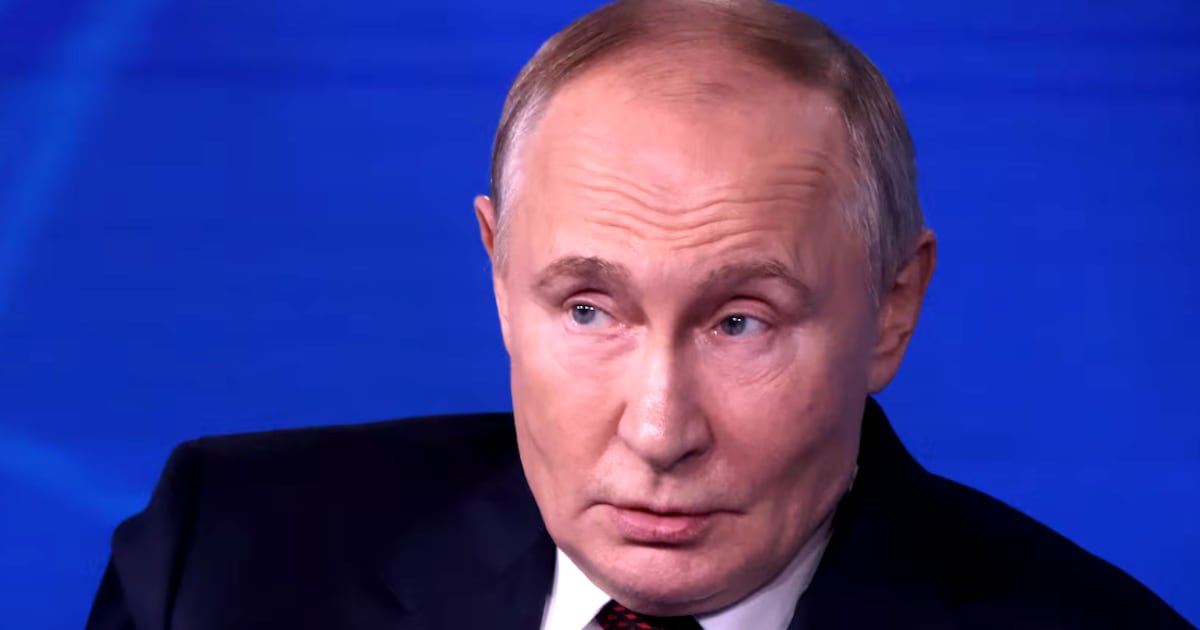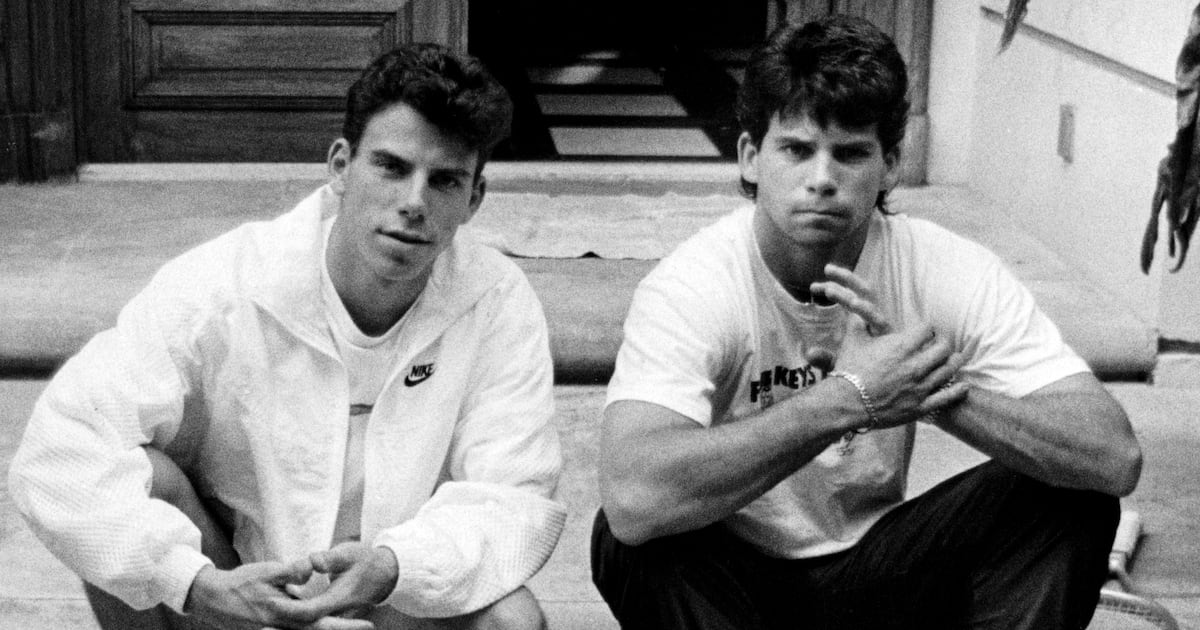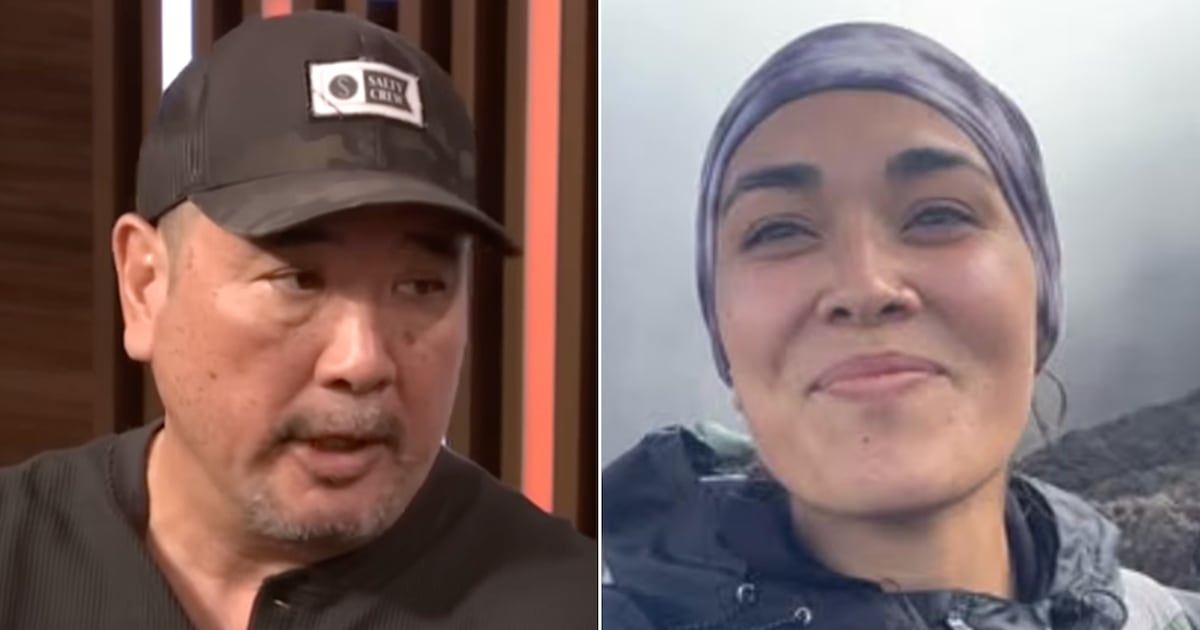On Monday, the U.S. State Department urged Americans to avoid all travel to Japan, warning that its current coronavirus surge posed a danger even to vaccinated tourists who could catch or spread a new variant.
As far as Tokyo Olympics officials are concerned, none of that really matters—they quickly shot down concerns that the travel advisory could stop American athletes from competing at the Games, and international fans were told months ago that they won’t be welcome in Tokyo.
But, less than two months before the Games are set to begin, the warning shows why so many people in Japan are dreading the Games. Most urban areas in the country are living under a state of emergency, with hospitals in its second-biggest city, Osaka, reporting that they’re buckling under the pressure of an ongoing COVID surge. In that context, the influx of thousands of athletes and staff is far from a welcome idea.
ADVERTISEMENT
Games officials are determined to press ahead regardless. International Olympic Committee member Dick Pound said Tuesday that the idea of canceling the games is “essentially off the table.” He told CNN that the Olympic village will become a protected “bubble,” but he added that it was impossible to “guarantee” the safety of every single participant.
The new advisory won’t stop American athletes from going to Japan—but they could personally decide it’s not worth the risk, and it might also hike up the cost of their travel insurance. According to the Associated Press, the U.S. Olympic & Paralympic Committee said it still believes its athletes will be able to travel and compete safely at the Tokyo Games.
“We feel confident that the current mitigation practices in place for athletes and staff by both the USOPC and the Tokyo Organizing Committee, coupled with the testing before travel, on arrival in Japan, and during Games time, will allow for safe participation of Team USA athletes this summer,” the U.S. committee said in a statement.
Seiko Hashimoto, the president of the Tokyo Olympic organizing committee, said Tuesday that she was confident the travel advisory wouldn’t disrupt its preparations, adding: “I’m aware the USOPC said that the advisory wouldn’t affect the games... I think it’s important for us to prepare well to accept athletes under such restrictions.”
But it’s hard to see how such a massive event can be carried out safely. Under 5 percent of people in Japan have received their first shot of the coronavirus vaccine—one of the lowest numbers of any developed nation in the world—and that isn’t expected to dramatically improve before the Games Opening Ceremony, which is scheduled for July 23.
Meanwhile, the virus case numbers continue to surge in Japan’s metropolitan areas. According to The New York Times, the country reported a seven-day average of around 5,100 new cases as of last weekend, which is still some of the most consistently high case numbers recorded in Japan throughout the pandemic.
“Simply put, this is a collapse of the medical system,” said Yuji Tohda, director of Kindai University Hospital in Osaka, according to the Japan Times. Tohda added, “The highly infectious British variant and slipping alertness have led to this explosive growth in the number of patients.”
The Osaka local government announced Tuesday it will request that its state of emergency be extended by the central government until the end of June, a move that is likely to prompt other major cities to do the same.
The latest polling showed that more than 80 percent of people in Japan are against the hosting of the Olympics this year, with 40 percent wanting a postponement, and 43 percent urging a complete cancellation.
Japan has recorded more than 700,000 infections and over 12,000 deaths from the virus since the beginning of the pandemic.







